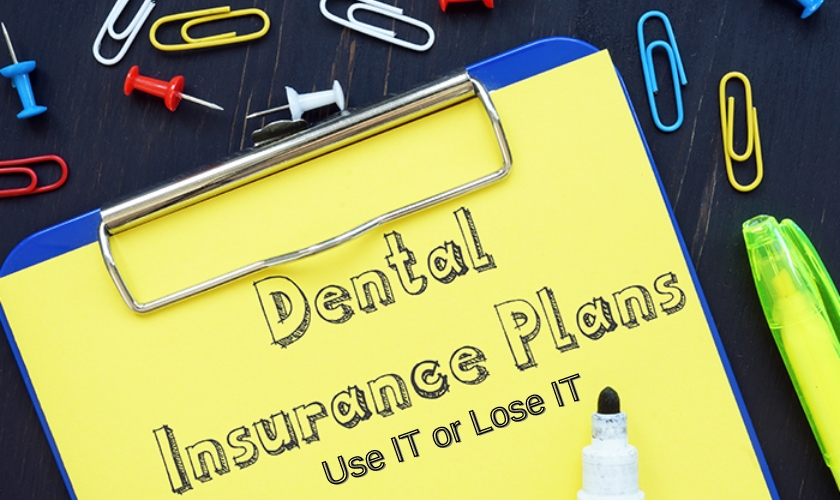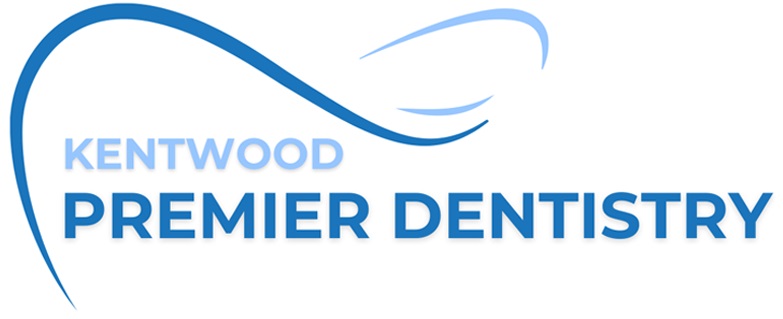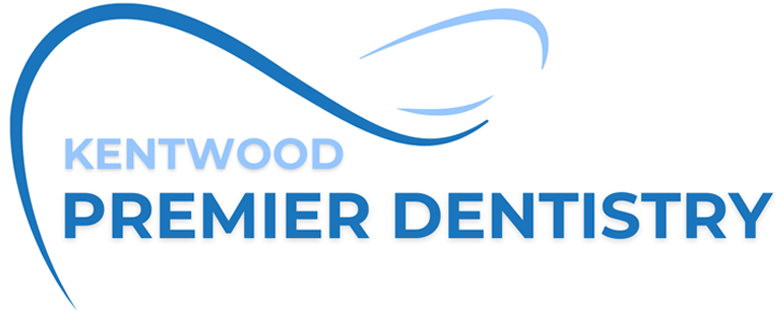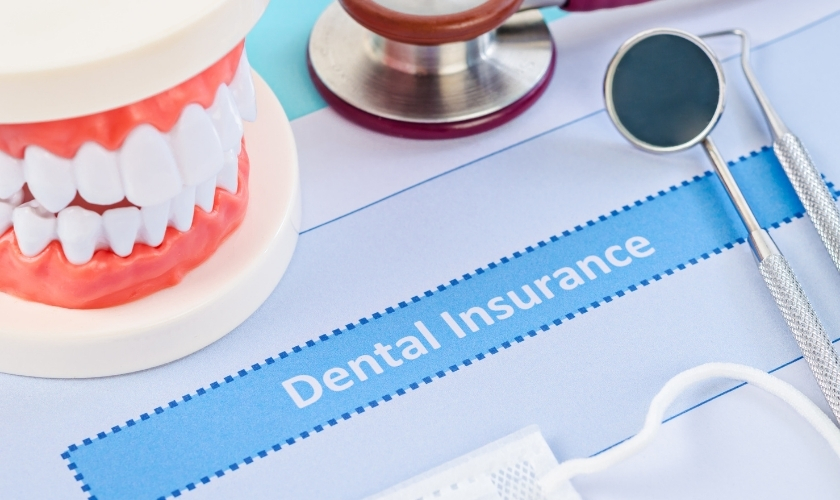Kentwood, MI

Need Dental Care but Lack Insurance? No Worries!

Access to affordable dental care is a fundamental need, yet many individuals and families find themselves without dental insurance. The cost of dental procedures can be a significant burden for those who lack coverage. However, there are viable alternatives and solutions available for those in need of dental care but without insurance. In this article, we will explore the various options and resources that can help you maintain your oral health without breaking the bank.
Importance of Dental Care
Dental health is crucial to your overall well-being. It’s not just about having a bright smile; it’s also about preventing serious health issues. Neglecting dental health can lead to cavities, gum disease, and even heart problems. Regular dental check-ups and cleanings are essential to prevent these issues, and this is where many people struggle due to a lack of Dental insurance.
Exploring Affordable Dental Care Options
Dental Savings Plans
- Dental savings plans are an excellent option for individuals without insurance. These plans offer discounted rates on dental procedures at participating providers.
- Dental savings plans are affordable, with annual membership fees rather than traditional insurance premiums.
- They cover a wide range of dental services, from cleanings to more complex procedures.
Sliding Scale Clinics
- Many dental clinics operate on a sliding scale, which means the cost of services is adjusted based on your income.
- These clinics offer affordable dental care to low-income individuals and families.
- Research local clinics that provide this service in your area.
- Dental schools often offer discounted dental services performed by dental students under the supervision of experienced professionals.
- While the services may take longer, they are performed by individuals who are well-trained and closely monitored.
Government Assistance Programs
Medicaid
- Medicaid provides dental coverage for eligible low-income individuals and families.
- Dental services under Medicaid can vary by state, so check the specific benefits offered in your area.
Children’s Health Insurance Program (CHIP)
- CHIP provides comprehensive dental coverage for children in low-income households.
- It’s an excellent resource for parents who want to ensure their children
Free Dental Clinics
- Many communities have free dental clinics that provide essential dental services to those in need.
- These clinics are often operated by volunteer dentists and dental professionals.
Charitable Organizations
- Some nonprofit organizations, like “Smiles for Life” and “Donated Dental Services,” offer dental care assistance to individuals who lack insurance.
- These organizations aim to improve access to dental care for vulnerable populations.
Maintaining Dental Health at Home
Proper Oral Hygiene
- Good oral hygiene practices at home can prevent dental issues and reduce the need for costly treatments.
- Brushing, flossing, and using mouthwash regularly is essential for maintaining dental health.
Diet and Nutrition
- A balanced diet with limited sugary foods and beverages can help prevent tooth decay and gum disease.
- Drinking water and consuming dairy products contribute to strong
Dental care is a fundamental aspect of your overall health, and it’s essential not to neglect it due to a lack of insurance. Explore the options mentioned in this article to find the best solution for your situation. Whether it’s a dental savings plan, a sliding scale clinic, or a government assistance program, there are resources available to help you maintain your oral health without insurance. Don’t wait until dental issues become serious; take action now to ensure a healthy smile and a healthy you.
FAQs
Q1: What is a dental savings plan, and how does it work?
A1: A dental savings plan is a membership program that offers discounted rates on dental services at participating providers. Members pay an annual fee rather than traditional insurance premiums and receive reduced prices for various dental procedures.
Q2: How can I find a sliding scale clinic in my area?
A2: To find a sliding scale clinic near you, you can start by contacting your local health department or community health centers. They can provide information on clinics that offer discounted dental services based on your income.
Q3: What dental services are covered under Medicaid?
A3: Dental coverage under Medicaid can vary by state, but it typically includes services such as routine check-ups, cleanings, fillings, and extractions. Some states may also cover more extensive procedures, like root canals and crowns.
Q4: Are dental services provided by dental schools of good quality?
A4: Yes, dental services offered by dental schools are of good quality. Dental students are closely supervised by experienced faculty members, ensuring that the procedures are performed competently and safely.
Q5: How can I maintain good oral hygiene at home?
A5: Maintaining good oral hygiene at home involves regular brushing and flossing, using mouthwash, and having a balanced diet. It’s essential to brush your teeth at least twice a day, floss daily, and avoid excessive consumption of sugary foods and beverages. Drinking water and including dairy products in your diet can also help maintain dental health.




